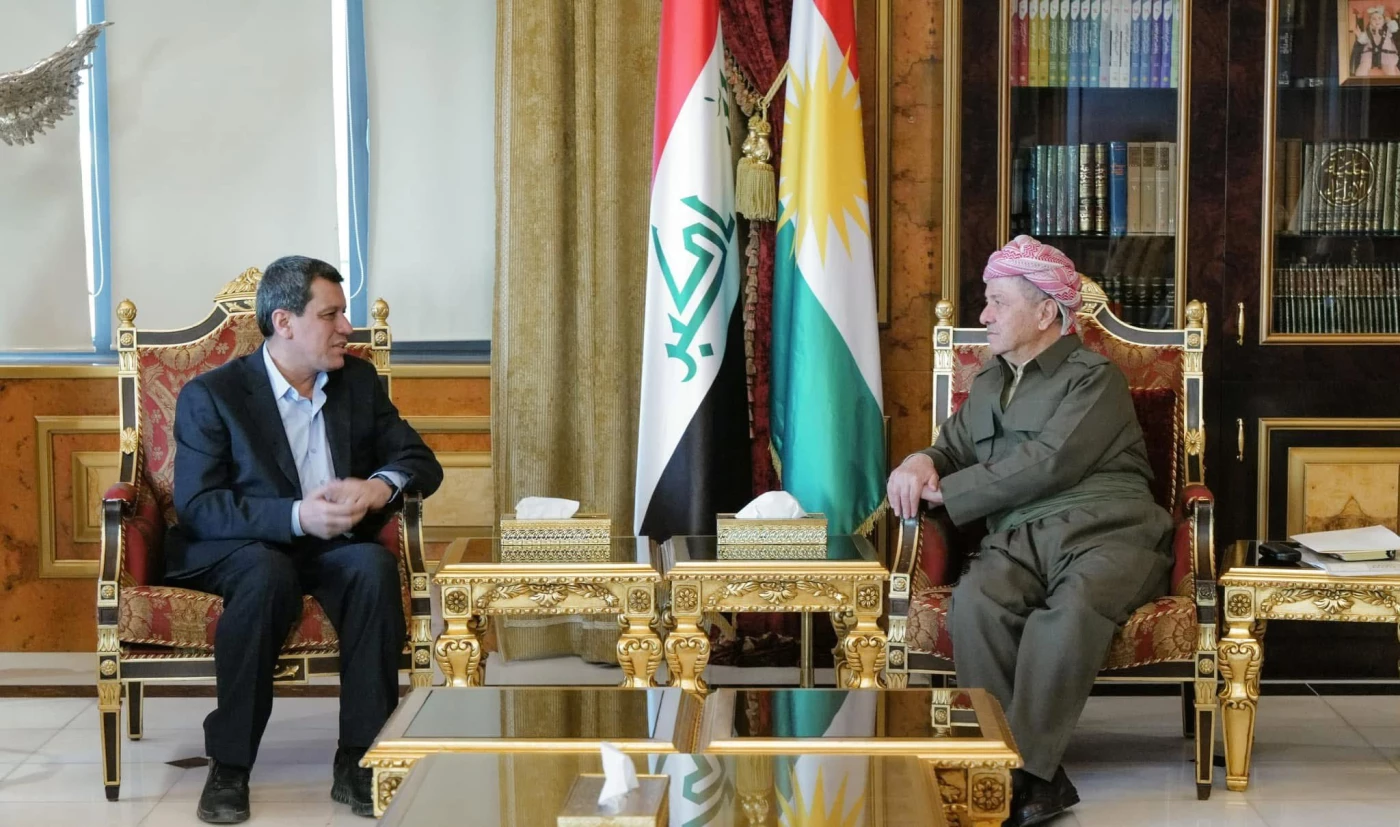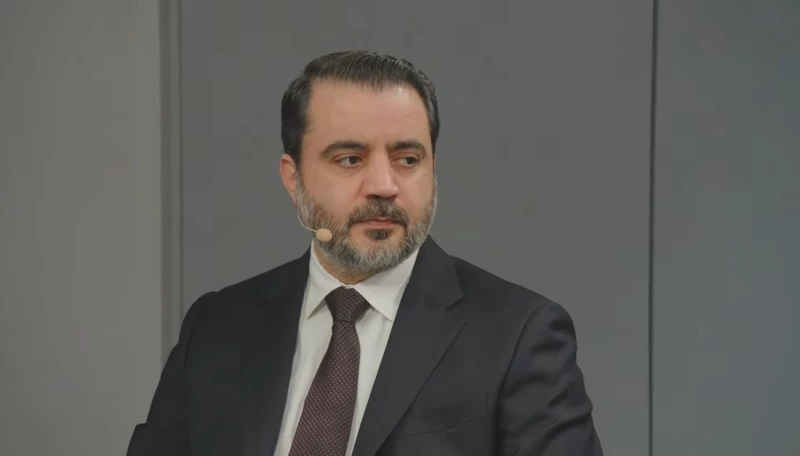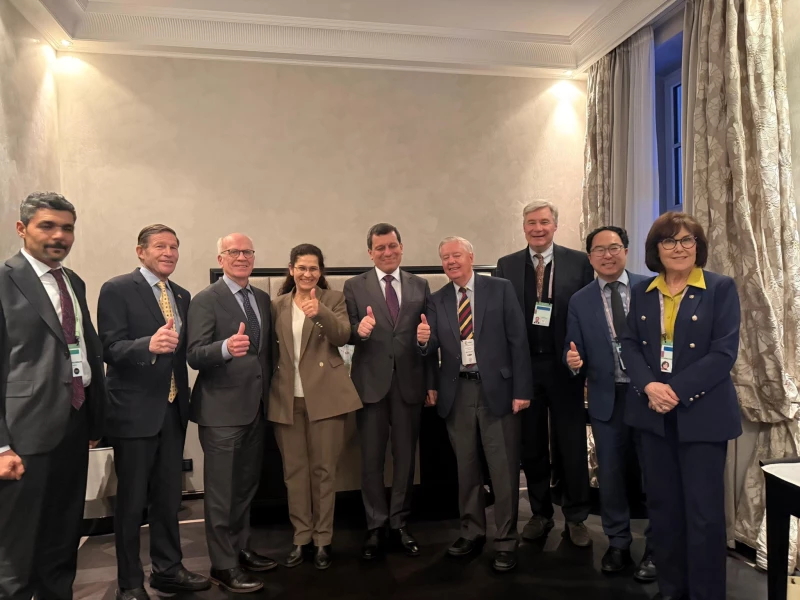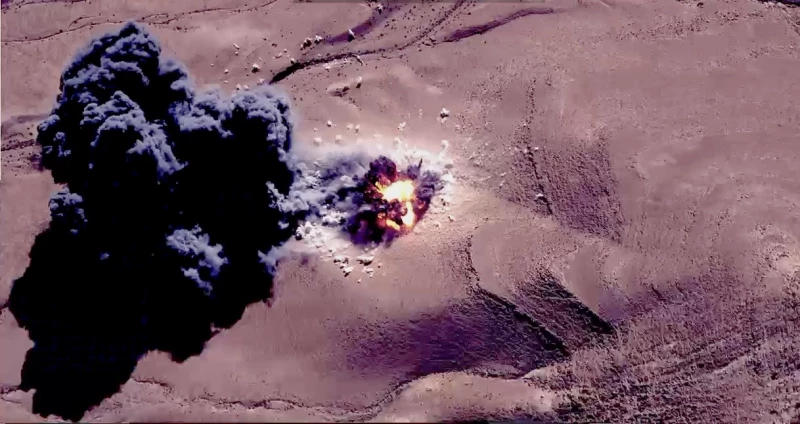ERBIL, Kurdistan Region of Iraq - President Masoud Barzani on Thursday met Mazloum Abdi, commander-in-chief of the Kurdish-led Syrian Democratic Forces (SDF) in Erbil, discussing the need for Kurdish "unity” in Syria in the wake of Bashar al-Assad's ouster and new developments in the war-torn country.
President Barzani and Abdi stressed that "Kurdish parties in Syria should decide their future in the new Syria in a peaceful way without any outside interference to guarantee their rights," with both sides agreeing that Kurds should become a source of peace and stability, according to a readout of the meeting released by Barzai Headquarters.
Both sides stressed the need for “unity and unanimity” among the Kurdish parties to “reach an understanding and agreement” with the new authorities in Damascus.
President Barzani and Abdi also said that Kurds should become “a factor for peace and stability to prevent the repeat of miseries Kurds and other components of Syria have endured.”
Thursday’s meeting in Erbil came just three days after Abdul Hamid Darbandi, a special representative of President Barzani, visited northern Syria, meeting Abdi in Hasakah and leaders of the opposition Kurdish National Council (KN or ENKS) in Qamishli, conveying his message for the unity of Kurds, as part of President Barzani's intensified efforts to establish unity among Kurdish rival sides, amid recent developments in the neighboring country.
“Today’s meeting in Erbil between President Masoud Barzani and SDF Commander of N.E Syria is a significant achievement to strengthen Kurdish unity and position [vis-a-vis] the new Syrian rulers,” in Damascus “for a smooth political transition,” Hoshyar Zebari, a politburo member of the Kurdistan Democratic Party (KDP) wrote in a post on X.
The collapse of Assad and Turkey’s ongoing military campaigns along with their allied opposition rebel groups on the Kurdish enclave in Syria has once again brought up the issue of Kurdish disunity, a serious development emboldening Syrian Kurds to merge their enclaves and reach an agreement to engage in talks with the international players and new authorities in Damascus.
President Barzani has repeatedly called on Kurdish parties of Syria to cast aside their differences and unite their fronts.
The leader of the ENKS last week told The New Region that President Barzani is seen as a “top reference” by Syrian Kurds to help establish Kurdish unity in the country, a day after they met with him in Erbil.
President Barzani “cares a lot about Kurdish unity” and "demanded that there needs to be an agreement between the Kurds and Kurdish unity be preserved," Mohammed Ismael told The New Region.
The ENKS, an umbrella of Syrian Kurdish opposition groups, was established in October 2011 in Erbil, soon after the outbreak of the Syrian civil war. Since its foundation, the opposition group has maintained a rocky relationship with the ruling authorities of northeast Syria.
Soon after Assad’s ouster, the Kurdish National Unity Parties (PYNK) - a coalition of 24 parties that have close ties with the ruling authorities of northeast Syria - announced they were ready to hold talks with the ENKS to establish a unified Kurdish front.
The ENKS and the Kurdish authorities of northern Syria have on several occasions in the past reached fragile agreements, but they never materialized due to disagreements.
Turkey considers the People’s Protection Units (YPG), the backbone of the US-backed, Kurdish-led SDF that controls the Syrian Kurdish region, to be inextricably linked to its domestic foe, the PKK. However, the YPG insists that they merely subscribe to a similar ideology.
The SDF, considered the Kurdish de facto army in Syria and the US’ primary ally in the fight against the Islamic State (ISIS) in the country, controls the bulk of northeastern and eastern regions of Syria, amounting to a quarter of the country's territory.
Updated at 10:00 pm with a statement by Barzani Headquarters



 Facebook
Facebook
 LinkedIn
LinkedIn
 Telegram
Telegram
 X
X


